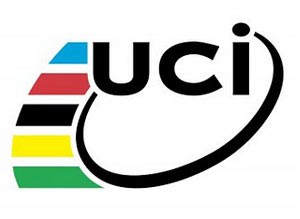Kolobnev’s sample the only positive case
 Just over a month after the end of the Tour de France, cycling’s governing body the UCI has announced that test results from the race have come back negative.
Just over a month after the end of the Tour de France, cycling’s governing body the UCI has announced that test results from the race have come back negative.
When contacted recently, UCI spokesman Enrico Carpani had said that the delay in announcing the results was because samples were being sent to different laboratories. This suggested that the UCI was analysing for various substances.
Today’s statement from the governing body verifies that analysis was performed at three different laboratories and with the results of those being announced, no rider has been declared positive.
“The Cycling Anti-Doping Foundation (CADF) has received the complete and final results of the tests carried out at the Tour de France 2011,” stated the UCI today. “The last samples received from the Châtenay-Malabry, Lausanne and Cologne laboratories all showed a negative result.”
There was already one previously-declared positive test; the Russian rider Alexandr Kolobnev was found positive for the banned substance hydrochlorothiazide, a diuretic, in the first week of the race. The UCI requested that his Katusha squad withdraw him from the Tour de France, and it duly did so.
It is still waiting for the Russian federation to initiate a procedure against him. Reports in recent days suggested that the large delay could lead to fines being imposed upon the federation.
Kolobnev gave an update via his Twitter account last night. “My case: we have got an e-mail from the French lab with documents 4 days ago. Can not make it faster. This week start working on it,” he stated.
This case aside, the Tour de France tests appear to be otherwise negative. UCI President Pat McQuaid said that it was “excellent news,” and that it further “highlights the quality of the various anti-doping measures brought in by the UCI in recent years, especially the introduction of the biological passport.
“It also indicates that there has been a change of mentality and behaviour within the peloton. Our sport is on the right track and we will continue to use all means available to protect it.”
The UCI’s anti-doping chief and director of the Cycling Anti-Doping Federation Dr. Francesca Rossi, said that a good collaborative effort was carried out in performing the tests. She said that there had been “an excellent cooperation between the French Anti-Doping Agency (AFLD) and the laboratories which analyzed the samples. From a purely technical point of view, the outcome of the anti-doping activities at the Tour de France is very satisfying.”
It is not yet clear if there will be an independent observers’ report, as was the case twelve months ago.